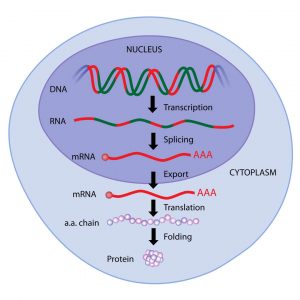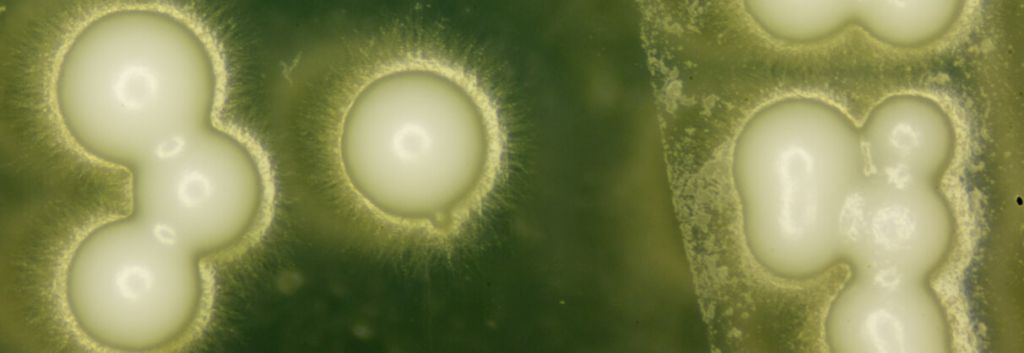Newsletter Signup - Under Article / In Page
"*" indicates required fields
Researchers in Basel, Switzerland have identified a protein in yeast that slows protein synthesis, prolonging their lifespan.
Gcn4 is a transcription factor that regulates the expression around 10% of the yeast genome. Nutrient restriction and moderate stress extend lifespan and under these conditions, yeast expresses Gcn4 to regulate protein synthesis. The aim is now to find out whether Gcn4, which is found in animals and humans too, could help to overcome age-related diseases.
During the study, yeast cells were exposed to different stress conditions and lifespan, protein synthesis and Gcn4 expression were measured. Mihaela Zavolan, Professor of Computational and Systems Biology explained: “We observed that the level of the Gcn4 protein was positively correlated with the longevity of yeast cells,” which is thanks to Gcn4’s ability to regulate protein synthesis.
In yeast, the production of new proteins is very energy-intensive. Reducing this process allowed yeast to survive for up to 40% longer. The energy that is saved by reducing protein synthesis can be put to other uses, for example, the repair of cellular damage, which can extend lifespan.

The anti-aging field has become one of the most hyped in biotech. It was long believed that aging could not be treated with medicine, but James Peyer, Managing Partner at Apollo Ventures believes that this is no longer the case: “new strategies for turning promising aging science into medicines are beginning to emerge.”
The group will next investigate whether the mammalian Gcn4 homolog has a similar effect. We will have to wait and see whether slowing protein synthesis is a plausible way to slow aging and increase not only lifespan but also ‘healthspan‘ in humans.
As the field came to life, investment and interest from big pharma arrived. Unity Biotechnology raised $116M to continue its development of treatments for glaucoma, macular degeneration, and arthritis. Big pharma tends to avoid the field but Novartis is keeping an eye on the progress of two drugs that would prevent the immune system of the elderly from deteriorating. It will be interesting to see how Gcn4’s anti-aging properties fit into this growing area.
Images – Rattiya Thongdumhyu / Shutterstock.com; Alila Medical Media / Shutterstock.com






